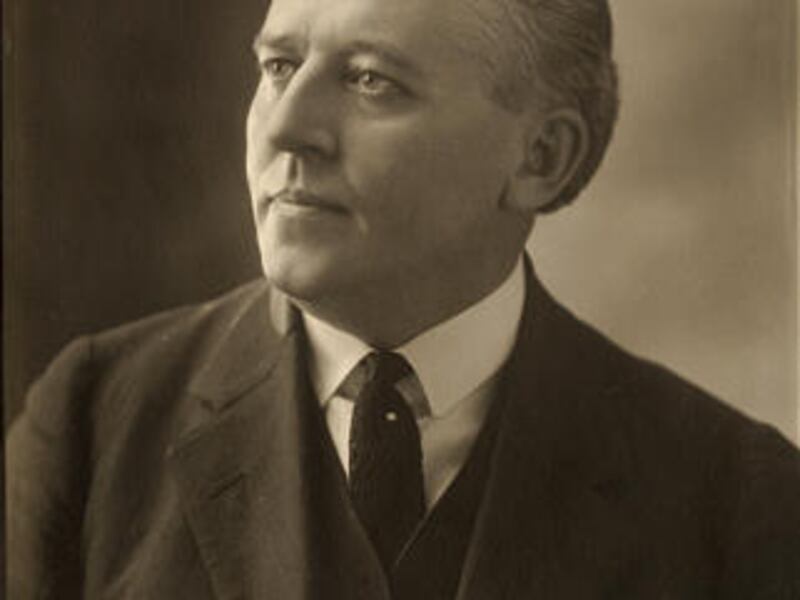PROVO — BYU has renamed its Center for Economic Self-Reliance after an apostle who helped to implement the LDS Church's welfare program. Elder Melvin J. Ballard was a member of the Quorum of the Twelve during the Great Depression and directed the organization, which was then called the Security Program.
Since then, the welfare program has grown into an organization that helps millions of people each year through long-term sustainable efforts.
The newly named Melvin J. Ballard Center for Economic Self-Reliance, housed in BYU's Marriot School of Management, was started in 2003 with the goals to alleviate poverty by focusing on self-reliance, provide an economic self-reliance model and provide research on self-reliance.
The two major areas of focus include Business Solutions for Development Initiative, which encompasses micro franchising and Single Mom Initiative, to help identify the economic challenges faced by single women and provide better resources.
The center's recent renaming was a tribute to Elder Ballard for his work as a social innovator and advocate for the poor, according to BYU.
"I'm grateful that his name has come back into view as having something to do with teaching self-reliance," said Elder M. Russell Ballard, a member of the Quorum of the Twelve and Melvin J. Ballard's grandson. "Generally, when we hear about welfare, it's not often that you hear about Melvin J. Ballard, but he wore his life out putting into place a system that was centered on how people can develop personal and family self-reliance."
Elder M. Russell Ballard is also on the Church Board of Education and the BYU Board of Trustees.
Bob and Lynette Gay initiated the endowment for the center and called Elder Melvin J. Ballard a "true pioneer" in making self-reliance a basis for individual conduct.
"We look forward with great anticipation to the Ballard Center's future work with today's social entrepreneurs around the globe as they work together on society's most difficult and complex problems through innovative, pattern-breaking solutions," he said.
— Sara Israelsen-Hartley


